
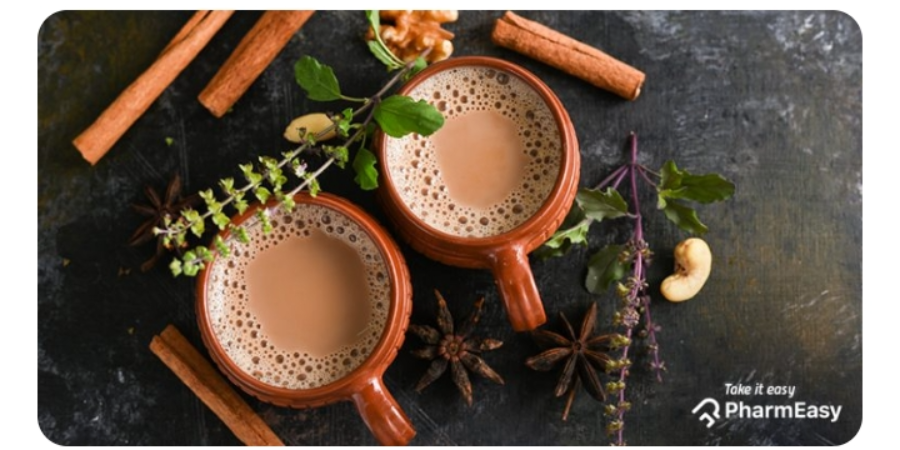
Tea is a widely consumed beverage made by steeping dried leaves of the Camellia sinensis plant in hot water. It is enjoyed in various forms worldwide and holds cultural significance in many societies. The history of tea dates back thousands of years, originating in ancient China where it was used for medicinal purposes before evolving into a popular drink.
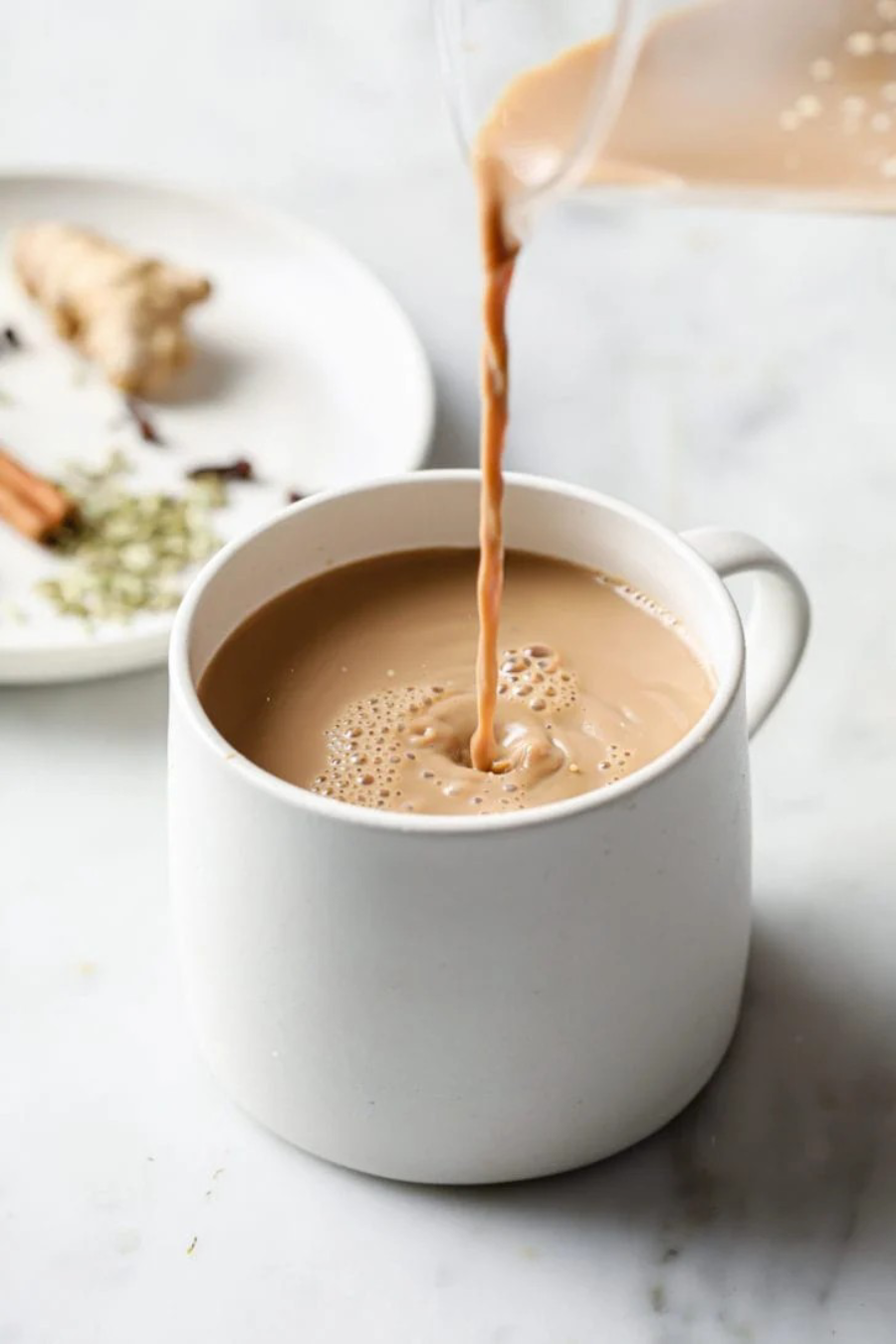
There are several types of tea, including black tea, green tea, oolong tea, white tea, and herbal tea. Each type undergoes different processing methods, leading to distinct flavors and characteristics. Black tea is fully oxidized, resulting in a robust flavor, while green tea is unoxidized, retaining a more delicate taste. Oolong tea is partially oxidized, offering a balance between black and green teas. White tea is minimally processed, and herbal tea is made from herbs, fruits, flowers, or spices, rather than tea leaves.
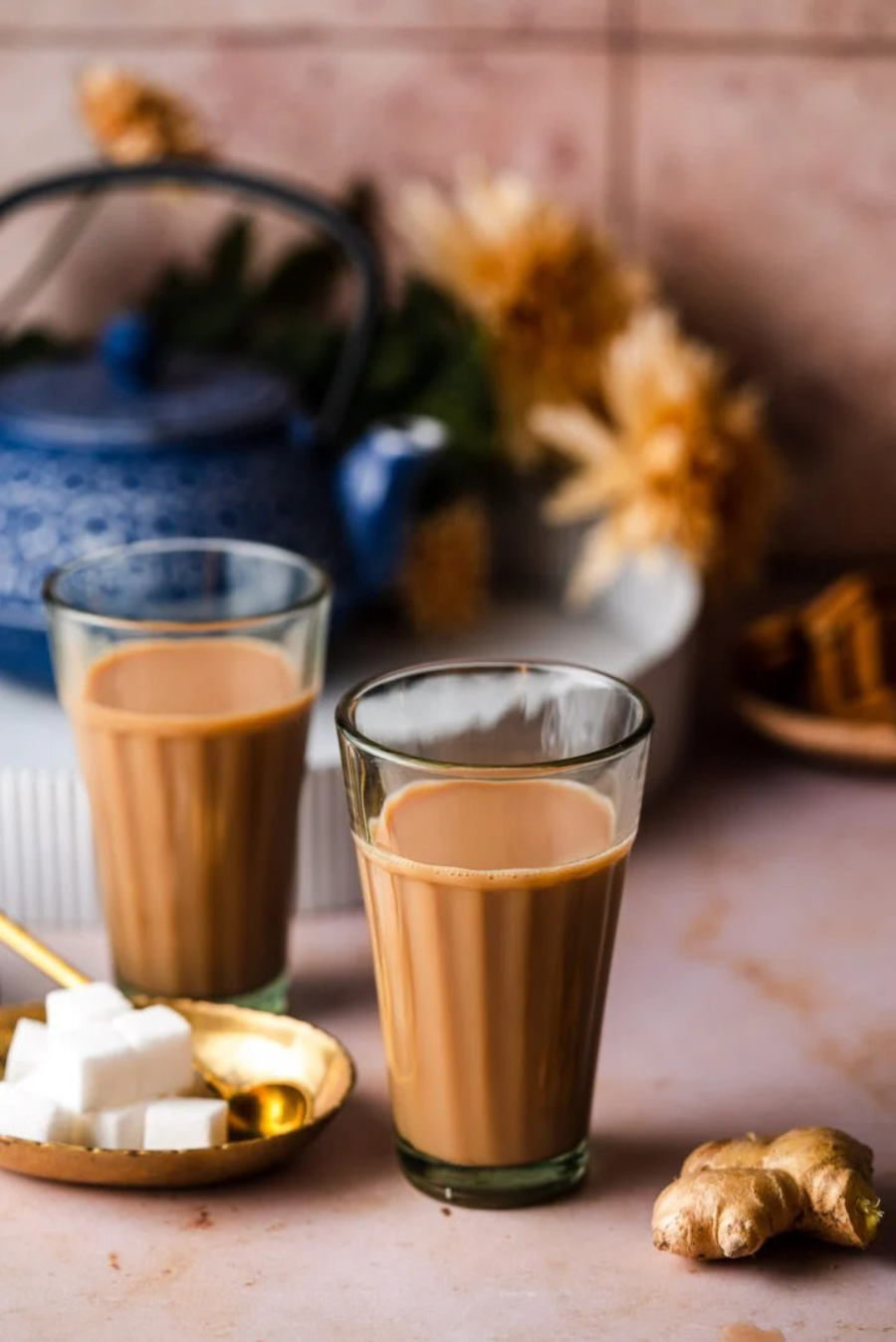
The process of brewing tea involves heating water to specific temperatures based on the type of tea being prepared. Steeping times vary as well, with black teas typically steeped longer than green teas to extract the desired flavors. The water temperature and steeping time greatly influence the taste of the final brew.
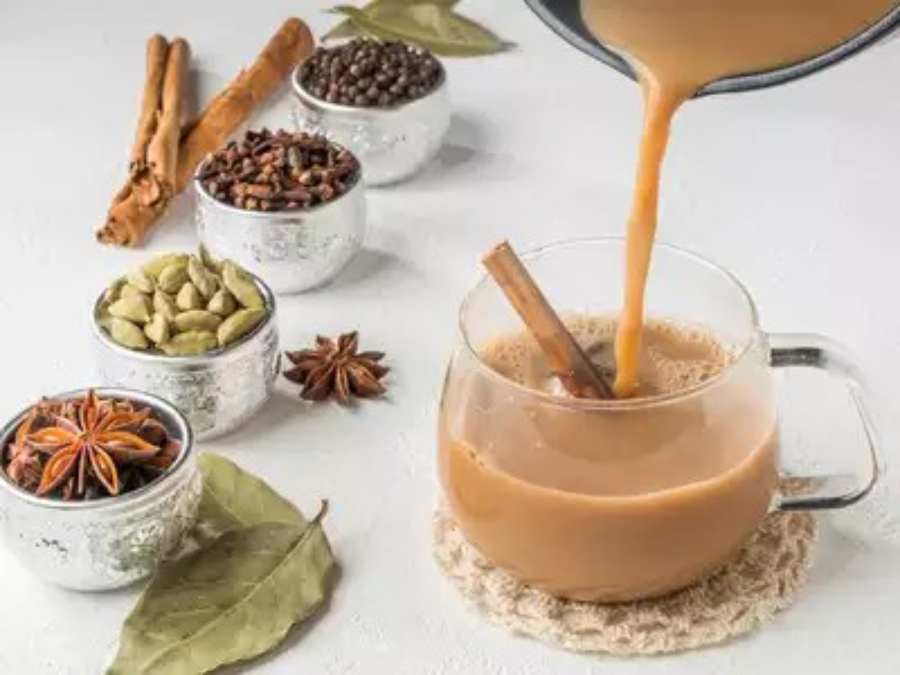
Tea is not only a flavorful beverage but also offers various health benefits. It contains antioxidants, such as catechins and polyphenols, which may help reduce the risk of chronic diseases and improve overall health. Green tea, in particular, is known for its potential to boost metabolism and aid in weight loss.
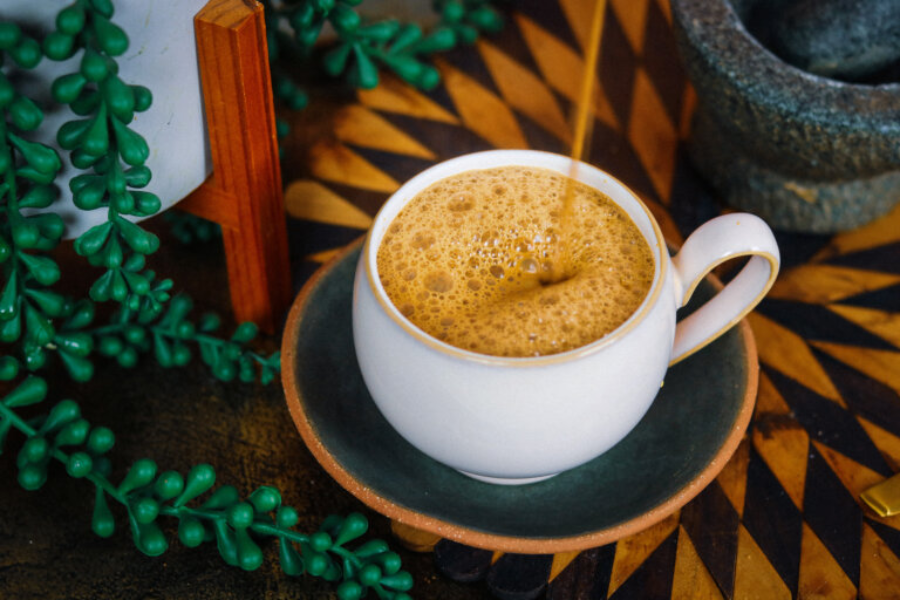
In many cultures, tea plays a significant role in social gatherings and ceremonies. The Japanese tea ceremony, for example, is a traditional ritual that emphasizes harmony, respect, purity, and tranquility. In British culture, afternoon tea is a beloved tradition involving tea served with scones, sandwiches, and pastries.
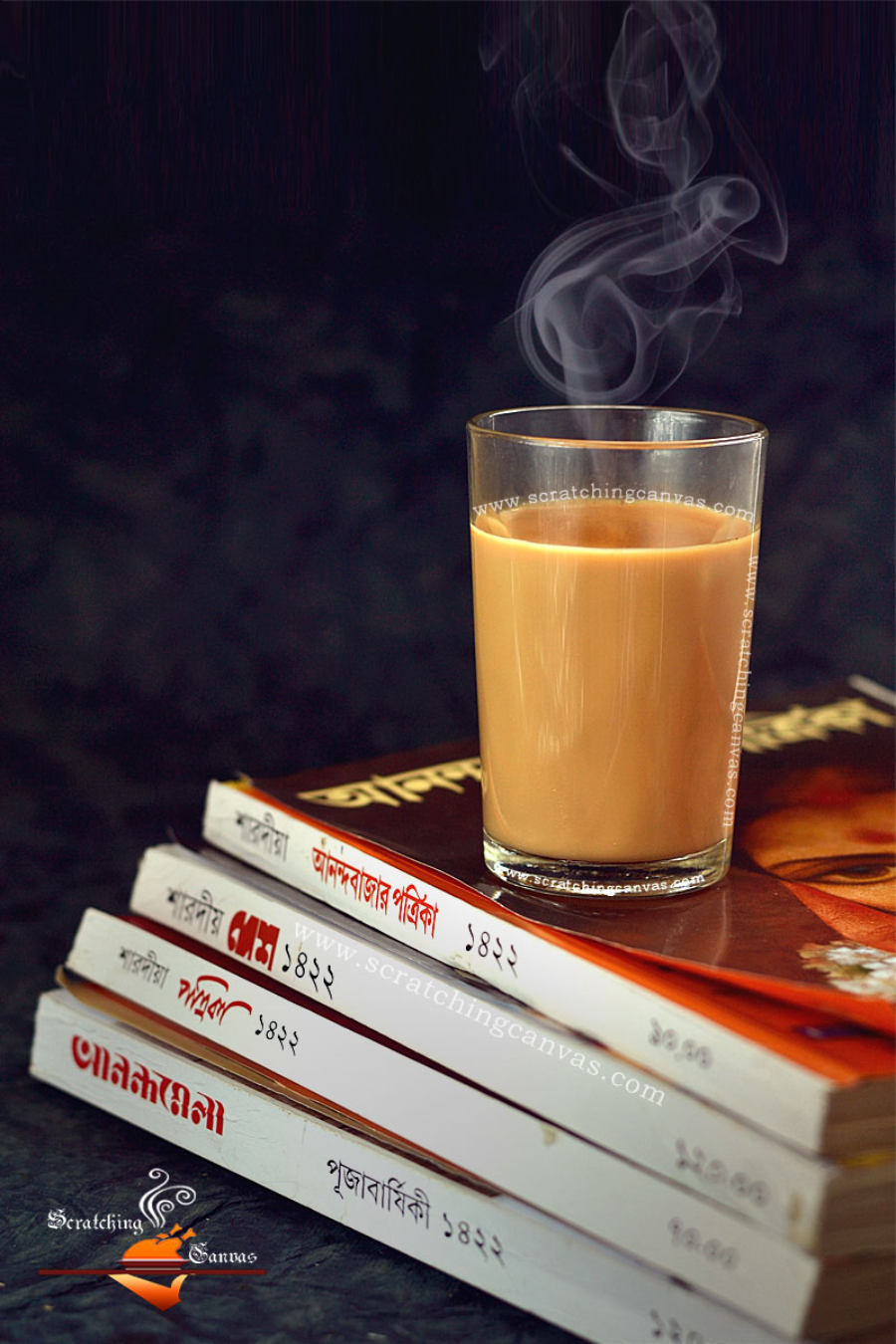
Tea has inspired poetry, art, and literature throughout history. It has been a source of comfort, relaxation, and inspiration for countless individuals. Whether enjoyed hot or cold, plain or flavored, tea continues to be a versatile and beloved beverage appreciated by people of all ages and backgrounds.
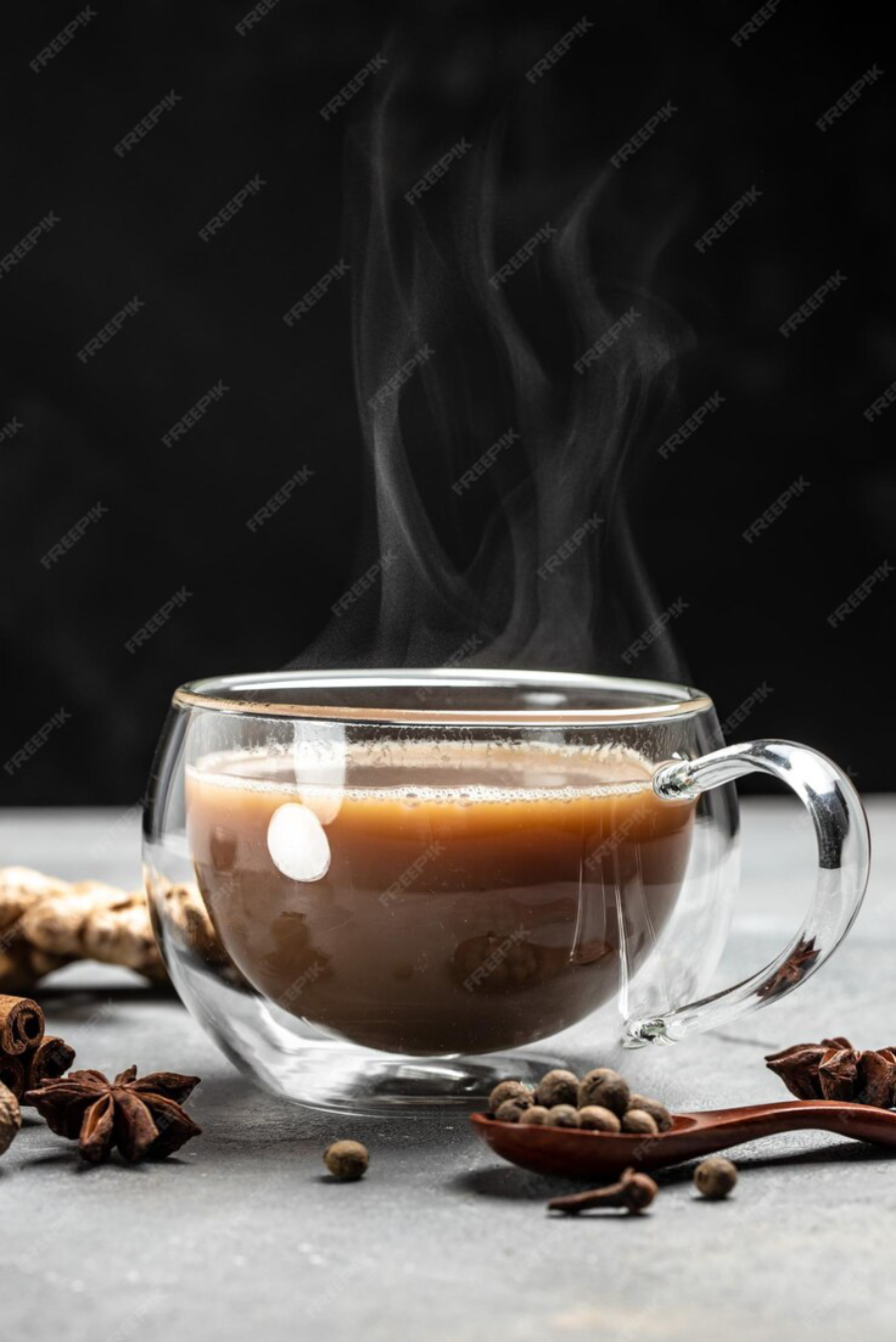
In conclusion, tea is more than just a drink; it is a symbol of hospitality, culture, and tradition. Its diverse flavors, health benefits, and social significance contribute to its enduring popularity worldwide. So, whether you prefer a steaming cup of black tea on a chilly morning or a refreshing glass of iced green tea on a hot summer day, there's a tea for every occasion and mood.


